Discover stunning bushes with yellow flowers to brighten your garden. Learn about popular varieties, care tips and landscaping ideas from expert horticulturists. Perfect for all gardening levels.
Bushes with yellow flowers add vibrant color and structure to gardens. Popular varieties include Forsythia, Yellow Azalea and Golden Bells. These shrubs typically prefer full sun to partial shade and well-draining soil. Proper pruning and fertilization are key to maintaining their health and encouraging abundant blooms.
Introduction to Yellow-Flowering Bushes
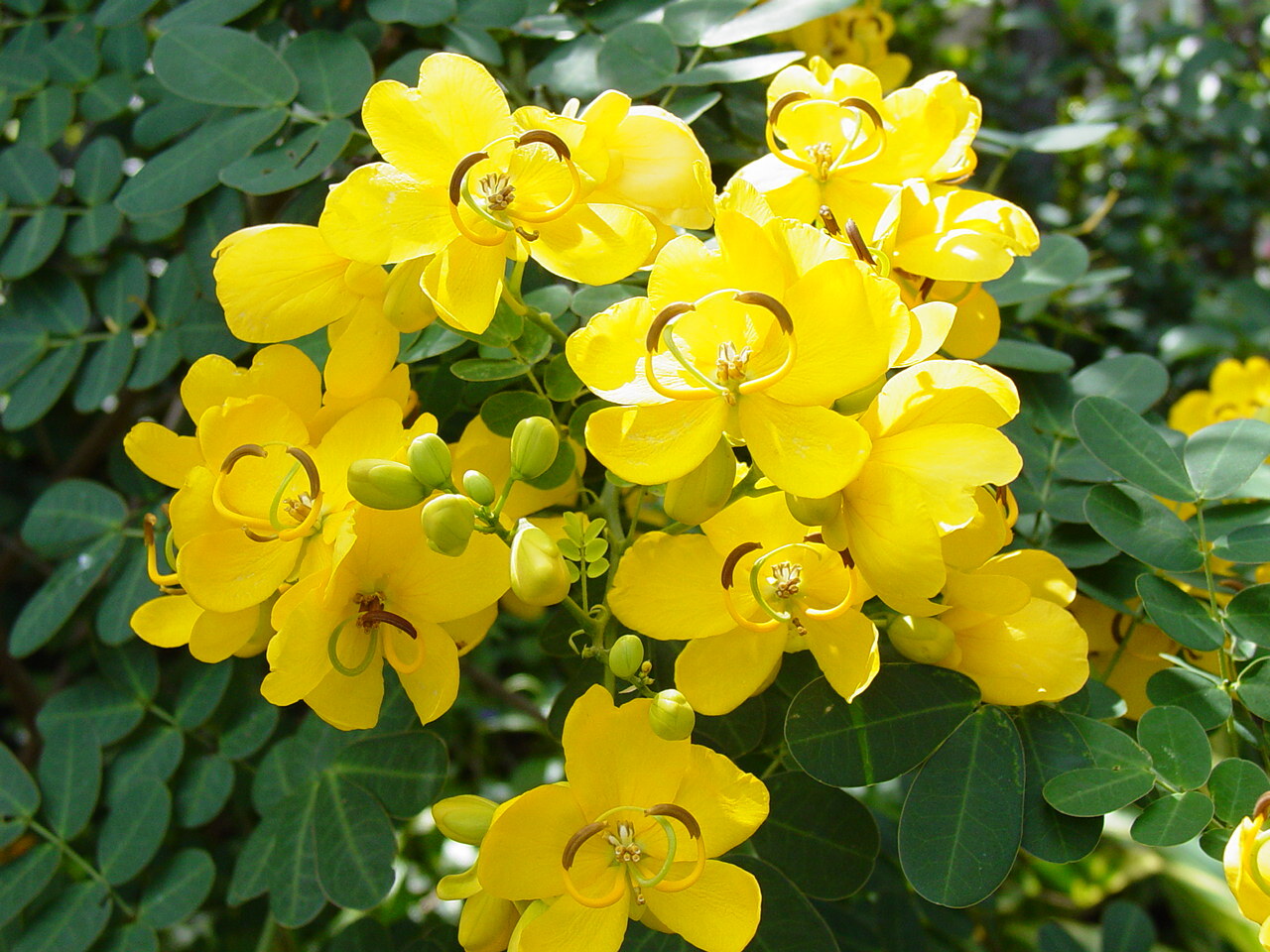
As a landscape designer with over two decades of experience, I’ve found that bushes with yellow flowers are excellent for creating focal points and adding cheerful accents to gardens. This guide will help you choose and care for these sunny shrubs.
Popular Yellow-Flowering Bush Varieties
Forsythia
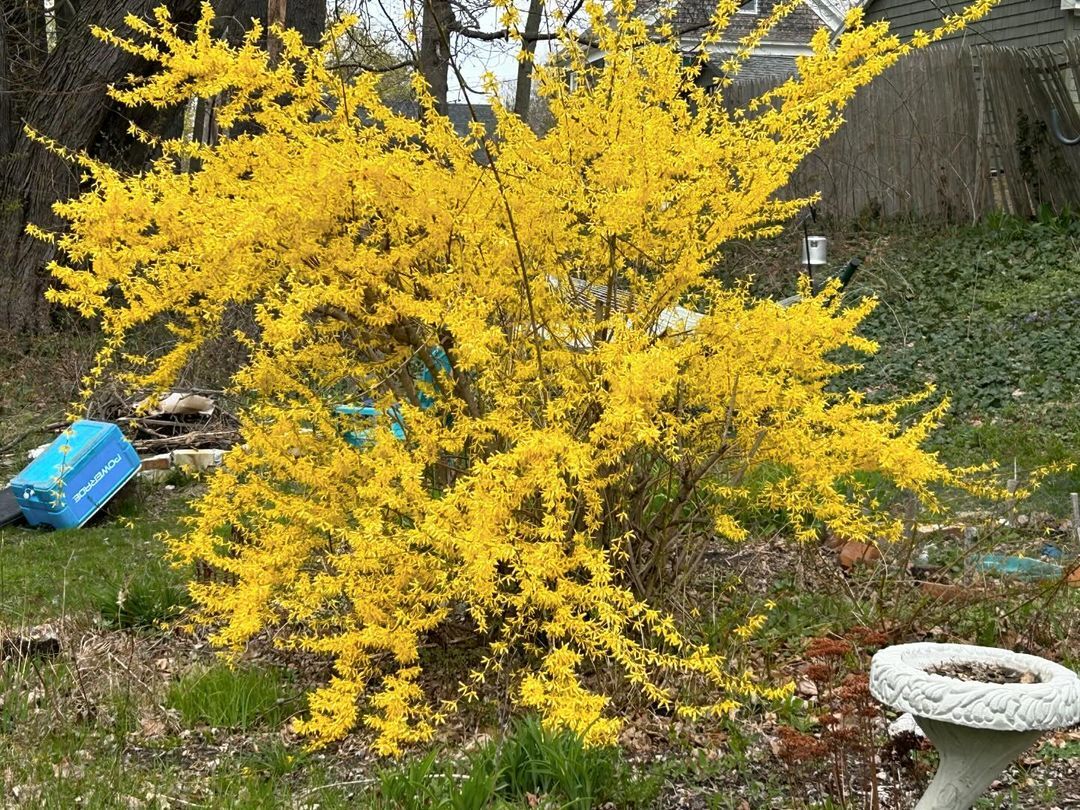
Forsythia bushes are known for their early spring blooms, often considered harbingers of spring.
- Scientific name: Forsythia x intermedia
- **Bloom time: **Early spring
- Height: 8-10 feet
Learn more about Forsythia care from North Carolina State Extension.
Yellow Azalea
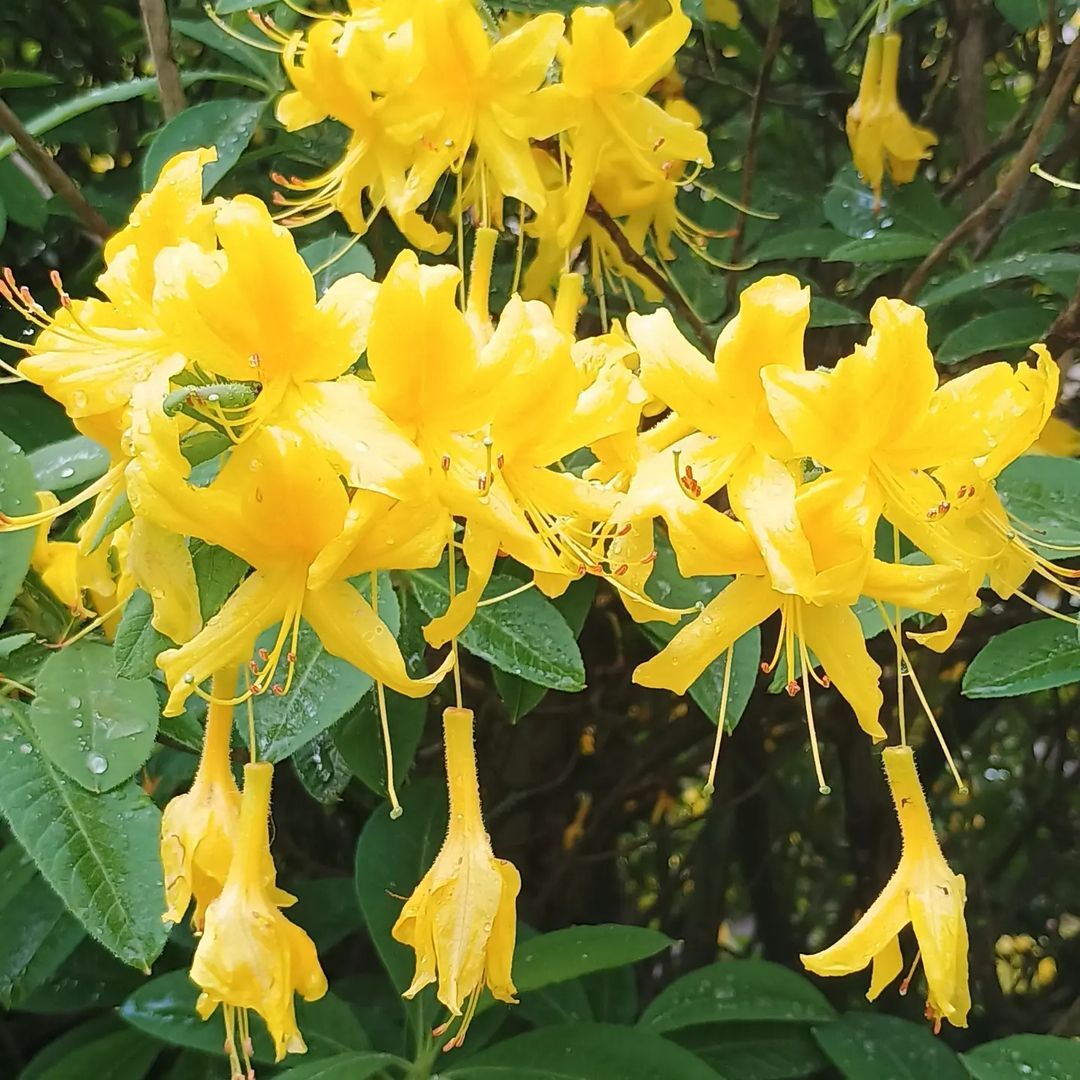
These bushes offer a softer yellow hue and prefer acidic soils.
- Scientific name: Rhododendron ‘Lemon Lights’
- Bloom time: Late spring
- Height: 4-5 feet
For more information on Azalea cultivation, visit American Rhododendron Society.
Golden Bells (Kerria japonica)
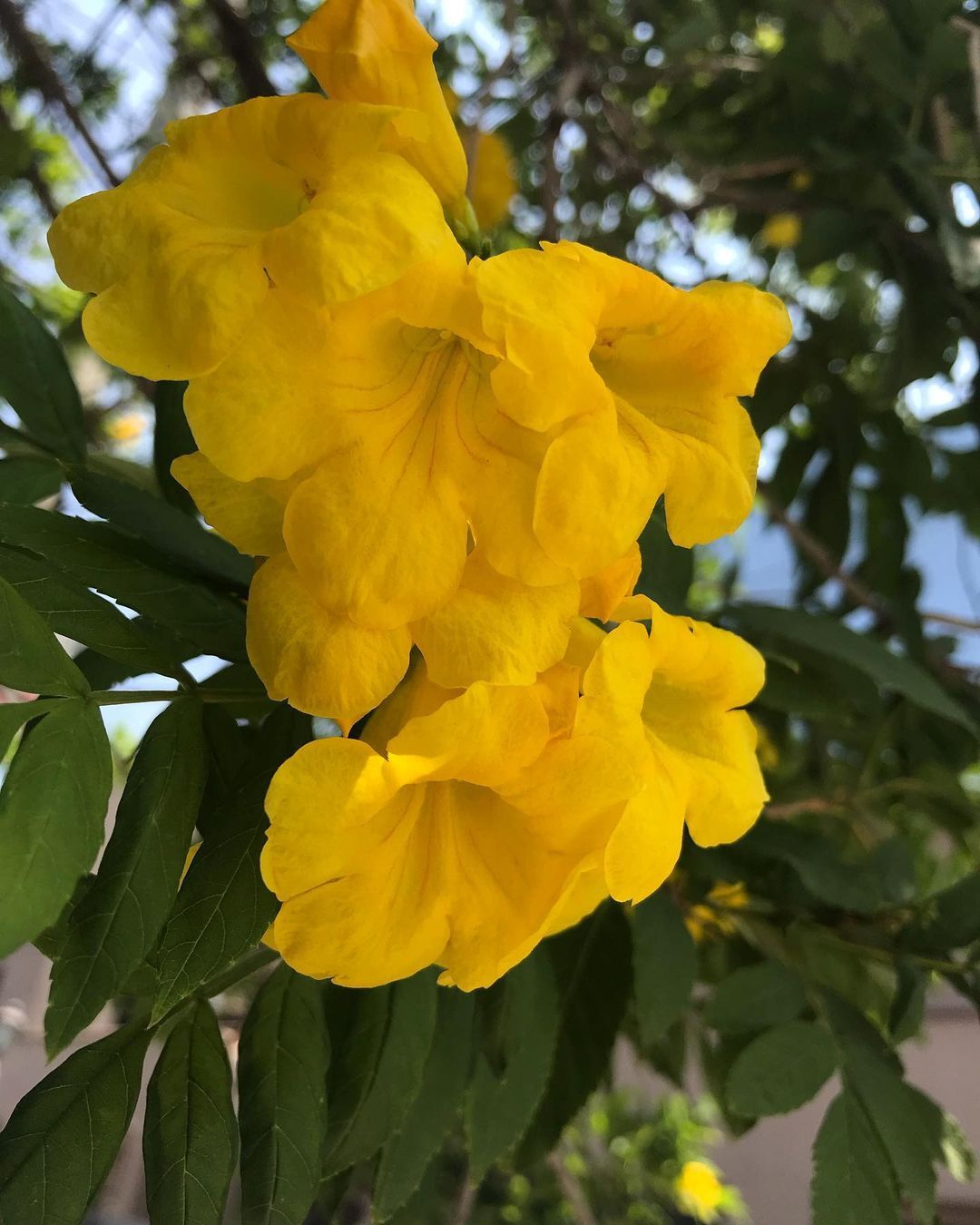
This shrub features bright yellow flowers and attractive green stems.
- **Scientific name: **Kerria japonica
- Bloom time: Spring
- Height: 6-8 feet
Yellow Elder (Tecoma stans)
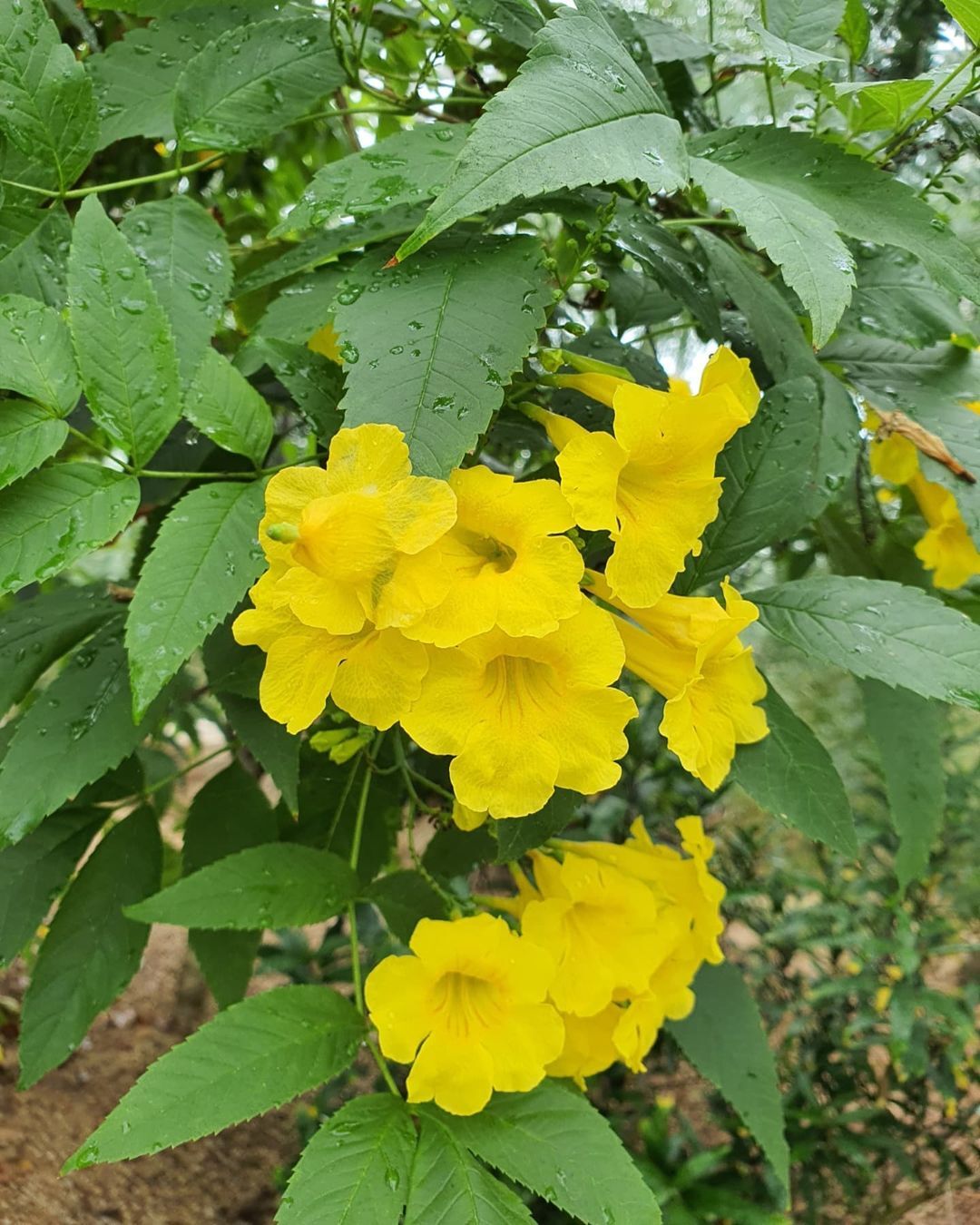
A tropical shrub with trumpet-shaped yellow flowers.
- Scientific name: Tecoma stans
- Bloom time: Summer to fall
- Height: 15-25 feet
St. John’s Wort
 st-johns-wort
st-johns-wort
Known for both ornamental and medicinal properties.
- Scientific name: Hypericum ‘Hidcote’
- Bloom time: Summer
- Height: 3-4 feet
Planting and Care Guidelines
Soil Requirements
Most yellow-flowering bushes prefer:
- Well-draining soil
- Slightly acidic to neutral pH (6.0-7.0)
For soil testing information, visit USDA Natural Resources Conservation Service.
Sunlight Needs
- Full sun to partial shade for most varieties
- At least 6 hours of direct sunlight daily for optimal blooming
Watering
- Water deeply and regularly during the first growing season
- Once established, most are drought-tolerant
- Avoid overwatering to prevent root rot
Fertilization
- Apply a balanced, slow-release fertilizer in early spring
- Avoid over-fertilizing, which can lead to excessive foliage growth at the expense of flowers
For more on shrub fertilization, check Clemson Cooperative Extension.
Pruning
- Prune immediately after flowering for spring-blooming shrubs
- Remove dead, damaged, or crossing branches annually
- Shape as needed to maintain desired form
Landscaping with Yellow-Flowering Bushes
Design Ideas
- Create a vibrant hedge with Forsythia
- Use as focal points in mixed borders
- Plant in groups for a dramatic effect
- Combine with purple or blue-flowering plants for color contrast
Companion Plants
- Pair with spring bulbs for early-season interest
- Combine with evergreens for year-round structure
- Plant alongside late-blooming perennials for extended garden color
Common Problems and Solutions
Pests
- Aphids: Treat with insecticidal soap or neem oil
- Spider mites: Increase humidity and use miticides if severe
Diseases
- Powdery mildew: Improve air circulation and apply fungicides if necessary
- Root rot: Ensure proper drainage and avoid overwatering
For more on shrub diseases, visit University of Massachusetts Extension.
Yellow-flowering bushes offer a wide range of options for adding sunny blooms to your landscape. From the early spring explosion of Forsythia to the summer-long display of St. John’s Wort, these shrubs can provide color and structure throughout the growing season. Remember to consider your specific climate and soil conditions when selecting varieties, and always follow proper planting and care guidelines for the best results. With the right choice and care, these vibrant bushes can become stunning features in your garden for years to come.
For more in-depth information on shrub selection and care, visit the American Horticultural Society.
For more gardening tips and plant care guides, visit usagardenhub.com.

